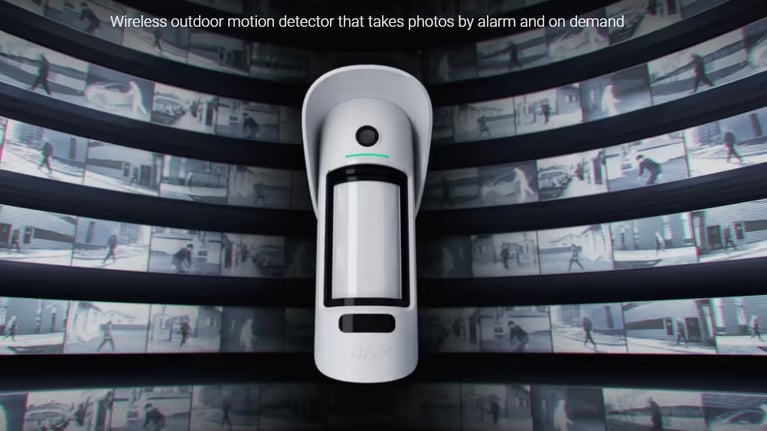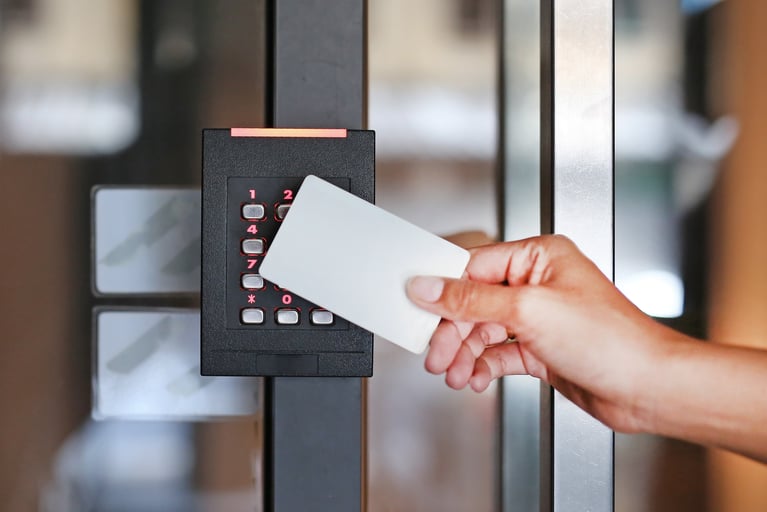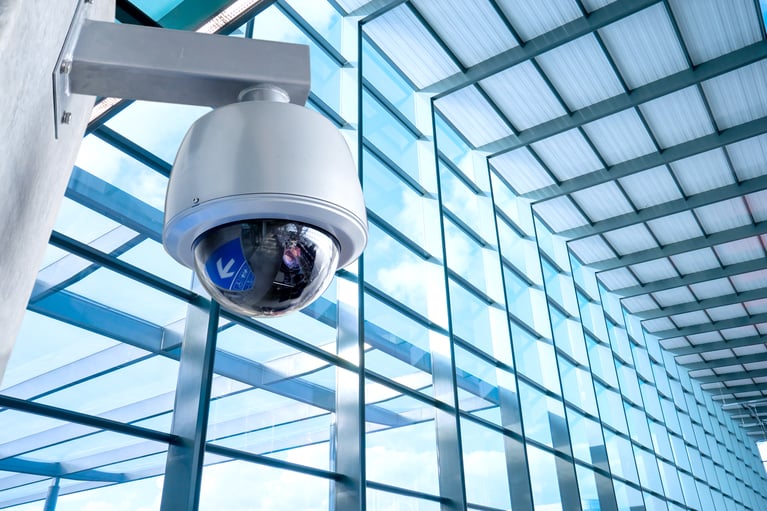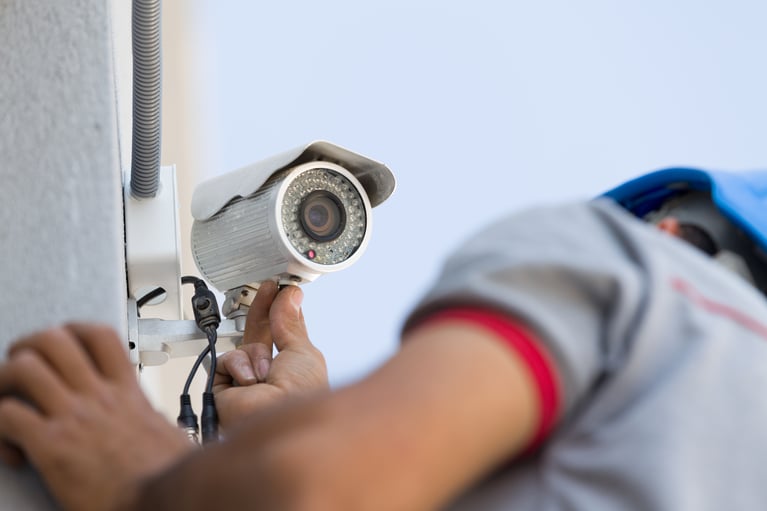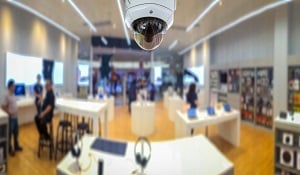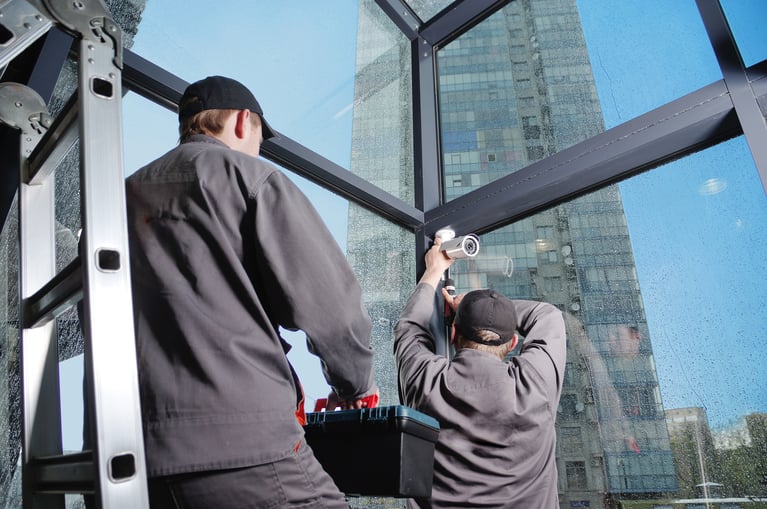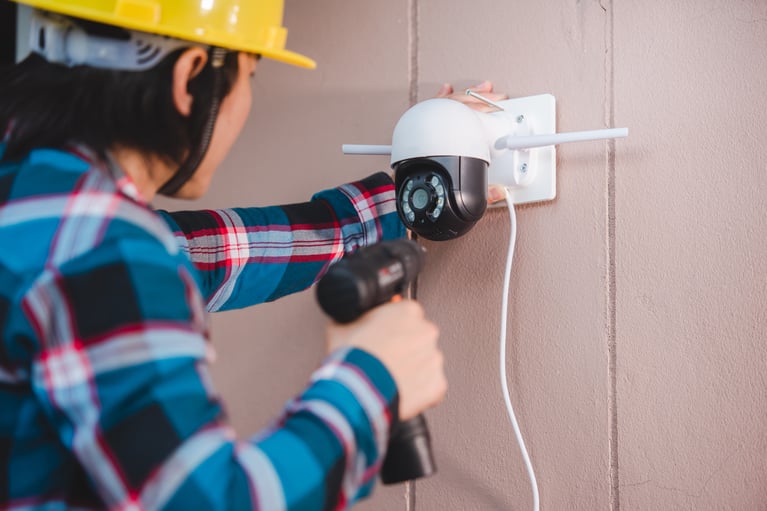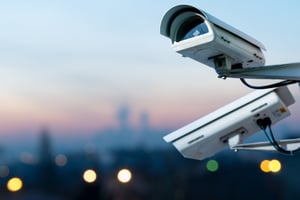 It shouldn’t come as a shock that securing your property during the day is much different than at night, especially with security cameras. Because CCTV cameras are just that, cameras, they need light to see. When night falls, and the sun goes away, some cameras can’t form a picture.
It shouldn’t come as a shock that securing your property during the day is much different than at night, especially with security cameras. Because CCTV cameras are just that, cameras, they need light to see. When night falls, and the sun goes away, some cameras can’t form a picture.
The inverse of this is also true. Cameras built for nighttime viewing will have trouble forming a clear picture during the day. Here are the main differences between night and day security with regards to CCTV installation.
Daytime Security
During the day, light is on your side. Your CCTV cameras will have plenty of sunshine to light up their sensors and provide a great image. But that doesn’t mean that there aren’t challenges.
For daytime security, think about the location of your cameras, specifically in relation to the sun. If you face your camera toward the sun, it’s going to overexpose the image during certain times of the day, making surveillance difficult. Reflective objects like fountains, ponds, and windows can have a similar effect.
Before CCTV installation, make sure your cameras won’t have a face full of the sun at any point during the day. Sunshades and visors can help reduce glare in sunny outdoor locations.
For businesses, daytime is typically the busiest time. With the number of people coming through the front door, deliveries in the back, employees running about, and cars in the parking lot, there’s a lot to keep track of. A high-resolution camera is essential to capture all the minute details of a busy business day. Otherwise, you might not be able to see that one person in your store pocketing items off the shelf or the license plate of the car who hit your delivery van out back. You have the lighting conditions; you might as well use them!
Nighttime Security
Obviously, the biggest challenge with nighttime security is the lack of light. Cameras need light to function, so when there’s no light, it makes surveillance tough. Luckily, there are plenty of low-light CCTV options to help you see in even the darkest areas.
The most popular night-vision solution is an IR camera. IR stands for infrared, which is a longer wavelength form of light that’s invisible to humans. Instead of seeing in visible light, like standard cameras, IR cameras see in infrared, making them perfectly capable of seeing in the dark. Many can even illuminate areas with infrared—like an invisible flashlight—to see even in total darkness.
The downside of IR cameras is their range. It’s hard to see very far in the dark, even for a night-vision camera. When installing your cameras for nighttime, make sure they don’t have to see over long distances. They’re best for small alleys, hallways, porches, and rooms.
For the ultimate in outdoor night vision, you need a thermal camera. Just like IR cameras use infrared, thermal cameras use heat to create an image. Thermal image quality isn’t the best, so it’s used mostly for scanning perimeters and, lately, COVID-19 screening. You might not be able to tell who is in the video, but you’ll be able to detect them from kilometres away (depending on your lens).
Flexible Solutions
If you want a camera that can do it all, look for a CCTV system with an IR cut filter. During the day, IR cameras can get washed out and won’t produce high-quality video. An IR cut filter is like sunglasses for your camera. During the day, the IR cut filter covers the camera lens to block excess infrared waves and allow the camera to see full colour in high-resolution, just like a standard camera. At night, the filter lifts to let in all the infrared light for the best night-vision possible.
Some CCTV systems are equipped with sensors that can detect lighting conditions and automatically raise and lower the IR cut filter accordingly. Then, you’ll know that your property is covered, day or night, no matter the lighting conditions.
Four Walls Security: CCTV Installation in Brisbane
Securing your property during the day comes with a different set of challenges compared to nighttime security. For day security, focus on the path of the sun. Avoid glare and put your cameras in a location where they can get the best picture. At night, make sure you have a camera equipped to deal with low-light conditions. If your camera can’t see, it won’t be effective.
If you have trouble with optimal CCTV installation points, it helps to have an expert on your side. The team at Four Walls Security has served Brisbane area homes and businesses for decades, helping them secure their properties and give them peace of mind. If you need help with CCTV installation or just have some questions about your security options, contact us for a free, no-obligation quote today.



